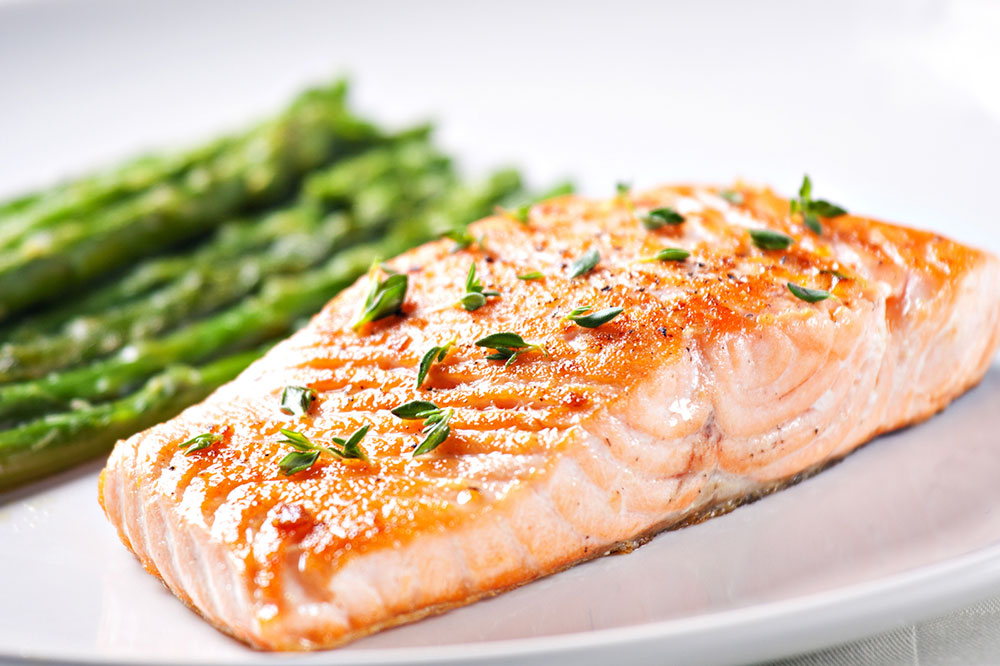
Foods that Help Control Depression
The most important yet ignored aspect to combat depression is the food we eat. Food plays an important role in maintaining one’s emotional, mental, and physical health. If a person is depressed, they should avoid food items that trigger it. Small dietary changes in one’s daily routine can have a positive effect on their mental health and help to reduce the symptoms of depression. Listed below are some foods to help manage depression.
Nuts
Nuts are one of the most effective foods to help manage depression. Hazelnuts, cashews, and walnuts can help to avoid depression with walnuts being the most effective. These nuts are a rich source of omega-3 fatty acids and protein. The former supports overall brain health whereas the latter helps to maintain blood sugar levels, thereby alleviating the symptoms of depression.
Beans
Beans are a rich source of protein and fiber. They help to keep one’s body weight as well as sugar levels in check so there are no dips or spikes that result in mood swings. Besides, they also help to stabilize and keep one’s weight in check.
Fish
Most oily varieties of fish such as salmon, sardines, trout, tuna, and mackerel are among the top foods to help manage depression. They are a rich source of omega-3 fats that support brain health. They assist in the release of serotonin that helps to balance mood swings by acting as a neurotransmitter. It has been proven in many surveys that people who eat more fish have a reduced risk of developing depression.
Vegetables
Vegetables are not only healthy but also very beneficial for those fighting depression. They are nutrient-rich and have high levels of folate which gives the body the energy it needs and prevents mood swings. Leafy green vegetables such as spinach, sprouts, watercress, and kale are also good sources of omega-3 fatty acids that help to maintain a good mental state.
Seeds
Chia seeds and flaxseeds are excellent if one has depression and should be added to the diet. These seeds are a rich source of omega-3 fatty acids. Half a tablespoon of chia seeds is sufficient to meet 33% of one’s omega-3 requirement and ½ tablespoon of flaxseeds is enough for 20% of one’s omega-3 needs. Squash seeds and pumpkin seeds also help to create serotonin by increasing the levels of tryptophan.
Poultry
Turkey and chicken provide large quantities of tryptophan and are rich sources of lean protein that assist in regulating the levels of blood sugar in the body. They also support the production of serotonin which helps to get good sleep.
These are some of the most common foods to help manage depression. Incorporating them in a regulated quantity in one’s daily diet can help to reduce the severity of symptoms.


